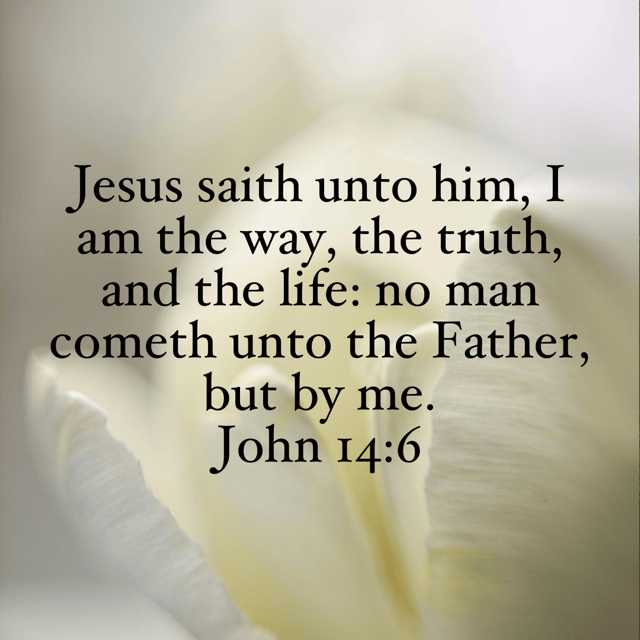I will share about Christian books I have read or listened to.
I will be sharing about my life before and after Christ. I will include stories about my pet and other pets I have encountered.
Knowing God Intimately
In the book of Philippians, Paul encourages Christians to stay focused on Jesus and not place their faith in their own ability to live good lives. He acknowledges that if anyone has a reason to boast in his good deeds—it’s him.
Paul was a passionate Jew who kept all of God’s laws, and did everything right. He was respected by Jewish leaders before his conversion to Christianity, and according to the Jewish law, Paul was blameless. But Paul emphasizes that whatever he gained then—nothing compared to knowing Jesus.
“I count everything as loss because of the surpassing worth of knowing Christ Jesus my Lord.”
Philippians 3:8 ESV
When Paul became a follower of Christ, he lost his standing with the Jewish authorities. The people who once applauded him, began to persecute him. They sent mobs of people from city to city to try and stop Paul from preaching. They beat him, whipped him, slandered him, and mocked him. Wherever he went, Paul was met with setbacks and resistance.
But Paul didn’t view his suffering as a problem, but an opportunity.
Suffering for Jesus was an opportunity to draw near to Jesus. When Paul suffered, he was reminded of what Jesus went through on our behalf.
As we get to know Christ intimately, we start to recognize that our good deeds are not good enough to earn His affection or blessings. The only way we are made right before God is by believing in His Son, Jesus. And the evidence for our belief is our willingness to follow Him … and even suffer with Him.
So… do we want to know Jesus the way that Paul did? If so, what are we willing to give up and surrender? Are we willing to view the challenges we face as opportunities to suffer with Christ and know Him better?
We gain a greater understanding of how deeply Jesus loves us when we lay aside our rights in order to love, forgive, serve, and help others—no matter the cost.
“Then all Israel gathered themselves to David unto Hebron, saying, Behold, we are thy bone and thy flesh. And moreover in time past, even when Saul was king, thou wast he that leddest out and broughtest in Israel: and the LORD thy God said unto thee, Thou shalt feed my people Israel, and thou shalt be ruler over my people Israel. Therefore came all the elders of Israel to the king to Hebron; and David made a covenant with them in Hebron before the LORD; and they anointed David king over Israel, according to the word of the LORD by Samuel. And David and all Israel went to Jerusalem, which is Jebus; where the Jebusites were, the inhabitants of the land. And the inhabitants of Jebus said to David, Thou shalt not come hither. Nevertheless David took the castle of Zion, which is the city of David. And David said, Whosoever smiteth the Jebusites first shall be chief and captain. So Joab the son of Zeruiah went first up, and was chief. And David dwelt in the castle; therefore they called it ...
















